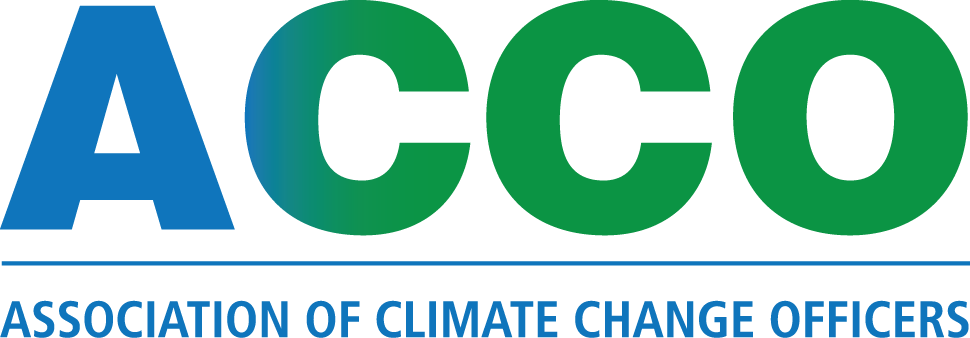Part 2: Perspective & Bold Leadership
/Last week, we endured a substantial shock to the system. Many of us have devoted enormous energy and emotion into climate action. Now that we’ve taken a deep breath, let’s put some perspective to the opportunities that sit before us:
- State and municipal leaders, whether elected officials or senior administrative personnel, have the opportunity to establish and implement bold initiatives that will shape practice, standards and markets here in the United States. Those initiatives will create a groundswell and a marketplace that, in aggregate, would move the needle forward considerably.
- Private sector leaders can echo these efforts by strongly advocating for sound climate and energy policy, establishing bold reduction goals, and partnering with public sector entities to develop solutions.
- Higher education leaders can contemplate their institutions’ roles in driving a climate smart workforce and becoming laboratories for how communities and businesses can develop climate change solutions to issues such as financing and tax structures, building codes and zoning, new technologies and materials, economic development synergies and habitat protection.
Bold action by enough of these leaders would serve as a catalyst for a policy environment and marketplace dynamics that would shape consumption, adaptive management and preparedness efforts considerably.
The history of policy action in the United States does not reflect proactive leadership by the Federal government. Don’t expect it. The evolution of nearly every single environmental regulatory policy stems from one of a few factors:
- local and state government acting first, with enough of them acting with different approaches that Congress is forced to step in and establish a common denominator enabling industry to function more smoothly across the country;
- industry giants descending upon Congress and advocating (with conviction) for policy enactment;
- catastrophe striking and action being taken in response;
- the Supreme Court is compelled to hear a matter and rule upon it (e.g. Massachusetts vs. EPA); and/or
- a populist movement so profound that elected officials are forced to act in response (e.g. Civil Rights Movement, Women’s Suffrage).
Years of activism from state governments and environmental groups resulted in the Supreme Court ruling in 2007 that the U.S. Environmental Protection Agency must regulate greenhouse gases under the Clean Air Act. More recently, local and state governments took action on marriage equality. Legal battles ensued. The Supreme Court was compelled to hear the case and a ruling was issued.
By 2009, nearly half of American states had signed on to regional climate change pacts. There’s no coincidence that the Waxman-Markey bill (American Clean Energy and Security Act) passed the House that year. Unfortunately, most state leaders chose to wait on Congress to act rather than enact GHG regulation themselves, which would have forced Congress to develop a national policy solution. Shortly thereafter, change in political leadership further undermined the political will to act at the state level, one of the regional pacts folded and Congressional action was deemed an impossibility.
Mother nature does not care about political parties or your beliefs. But I promise you the planet, national government and the marketplace will respond to bold and sensible action – and as it turns out, your communities and businesses will be infinitely better positioned to thrive if we pay closer attention to the dynamically changing world around us and inform our decision making accordingly.
The next few entries in this blog series will discuss specific initiatives and opportunities that public and private sector leaders can and should pursue.
